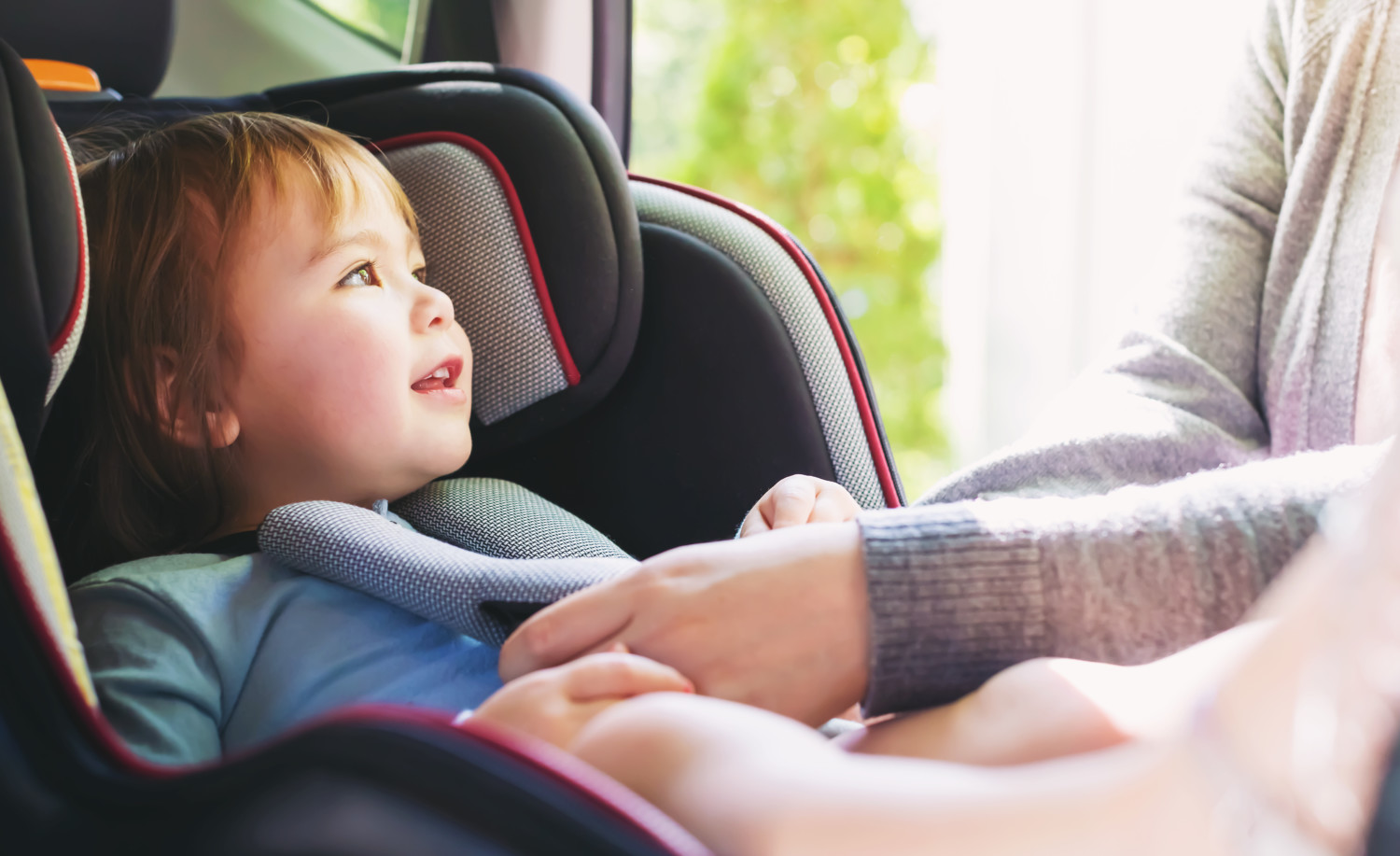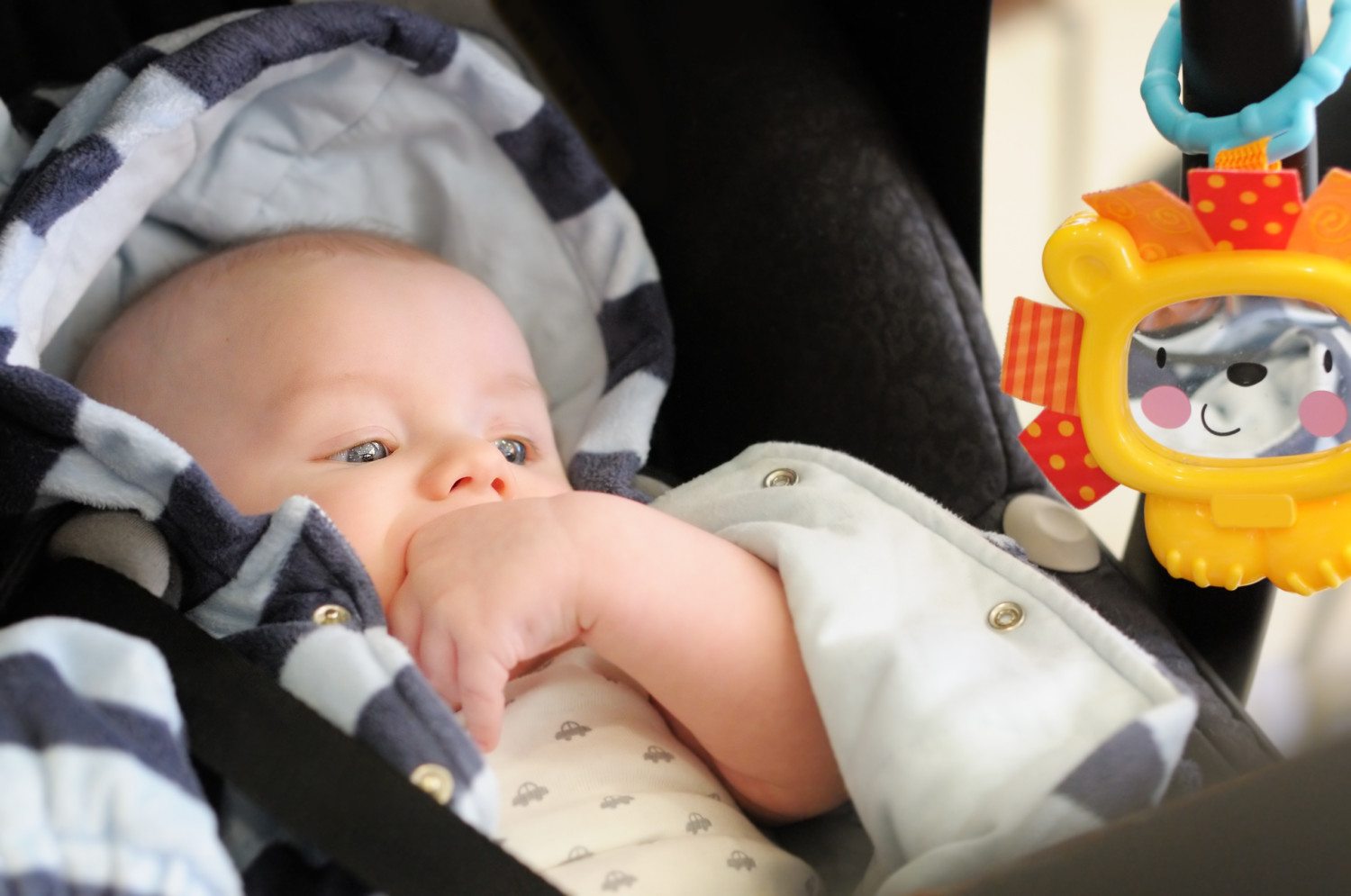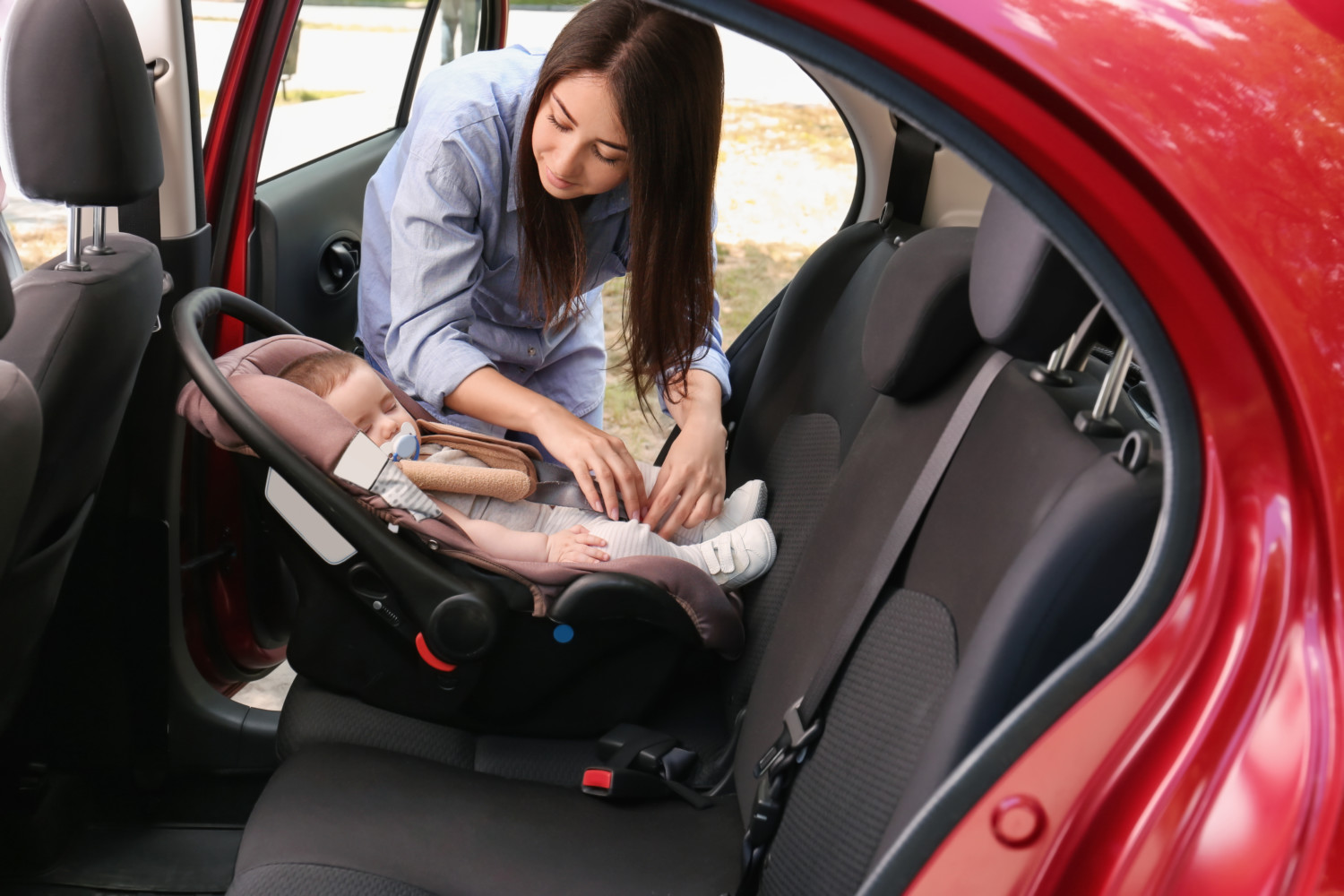Research says anyone could forget a child in a hot car
If you’ve ever seen a news story about the tragic death of a child who was left inside of a hot vehicle and thought, “I can see how that happens,” you are not alone.
It’s an uncomfortable thought and not one that is often expressed openly. When these tragedies makes headlines, many people will judge the person who left the child in the car for being careless or mindless. How could they have made such a fatal mistake?
But it happens. In the first seven months of 2019, there were 24 children killed due to being left in a hot vehicle.
In July, a social worker in New York City and his wife lost their 1-year-old twins, Luna and Phoenix, after they were left inside their father’s vehicle while he was at work.
Juan Rodriguez said he thought he had dropped them off at their daycare provider and is in disbelief that he didn’t realize he had not.
But Rodriguez is certainly not the only person to have done this, and science says it can truly happen to anyone. David Diamond, Ph.D., a professor of psychology at the University of South Florida, said it is often a memory lapse and not negligence.
“It’s a matter of circumstances,” Diamond told Consumer Reports. “It can happen to everyone.”
In Rodriguez’s case, he has been charged with two counts of manslaughter, two counts of criminally negligent homicide and two counts of endangering the welfare of a child. Those charges came after he called the police upon discovering he had left the twins in their rear-facing car seats. (He pleaded not guilty on July 28.)
The twins were there from 8 a.m. through 4 p.m., Rodriguez’s entire work shift. When discovered, Luna and Phoenix were still strapped into their car seats, not breathing.
As of Aug. 1, 2019, a grand jury had not heard the case against Rodriguez, and his attorney is hopeful the charges will be dropped.
Rodriguez’s wife is standing by her husband, and said the incident is a horrible accident. “I will never get over this loss, and I know he will never forgive himself for this mistake,” Marissa Rodriguez told NBC News. “This was a horrific accident, and I need him by my side to go through this together.”
A grand jury has yet to hear the case against Juan Rodriguez, who allegedly left his kids in a hot car for 8 hours last Friday. https://t.co/14OgezSbf0
— New York City Patch (@NYC_Patch) August 1, 2019
Following the tragic incident, Diamond spoke to Rodriguez to offer him what little comfort he may possibly find in his state of grief: That hundreds of people have done the same thing in the past two decades.
The psychologist says that when people do the same thing day after day — such as drive the same route — they tend to go on autopilot. They get into a habitual state, but it is one that suppresses a part of the consciousness that sometimes requires people to need a cue to come back to full consciousness, and remember what they plan to do.
Memory lapses are often fueled by stress and sleep deprivation, Diamond told the New York Times.
It is likely the temperature inside Rodriguez’s car rose to 120 degrees in just half an hour.
When the twins were found dead, their body temps had risen to 108 degrees. That’s enough to cause organs to shut down.
A group called Kids and Cars is tracking hot vehicle deaths and says more than 900 children have died in this manner since 1990.
The rise in hot car deaths throughout the past few decades has spurred ideas for helping folks to remember that there are children in the rear of their vehicles.
One idea is the have caregivers send alerts to the guardians or parents when the child doesn’t show up to daycare or school.
Even Congress is working on a solution to prevent these tragic deaths. The Hot Cars Act of 2019 is in the works now and will require mandatory technology that reminds drivers to check their back seats.
Not all hot car deaths are because of a mental lapse, though. NoHeatStroke.org reports many happen on purpose, or because a child climbed into a vehicle on their own and a care provider was unaware. Between 1998 and 2018, 44 percent of 795 children who died inside a hot car had been forgotten.
It’s ultimately up to local authorities to decide whether to press charges against caregivers who forget children inside vehicles.
If you’re often driving children to the same place day after day, please stay more aware. Don’t let the daily routine cause a memory lapse.









